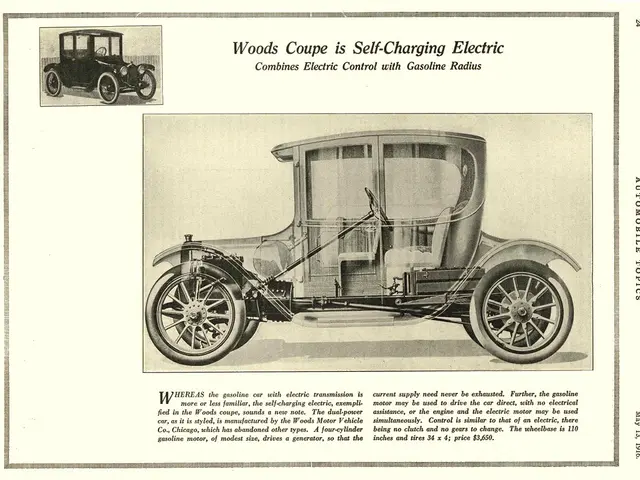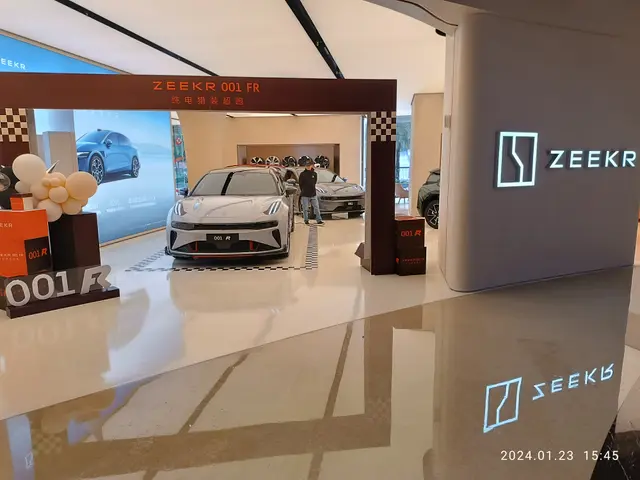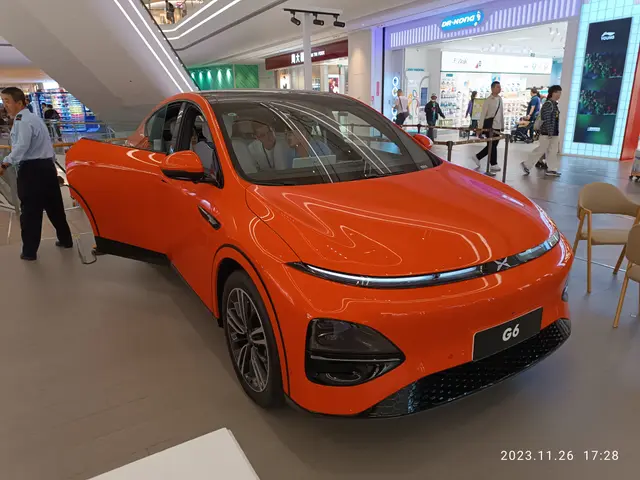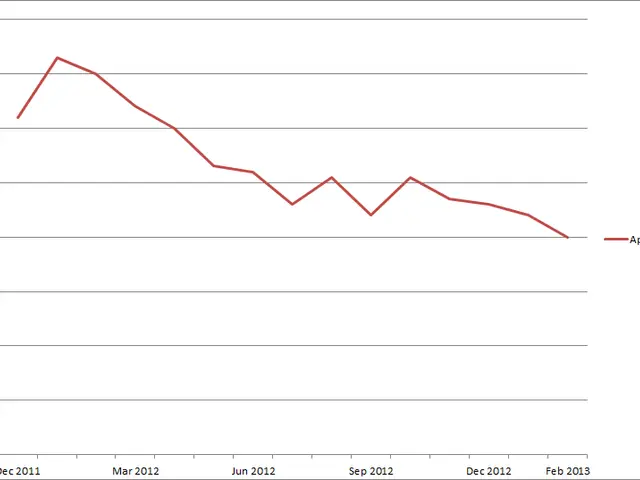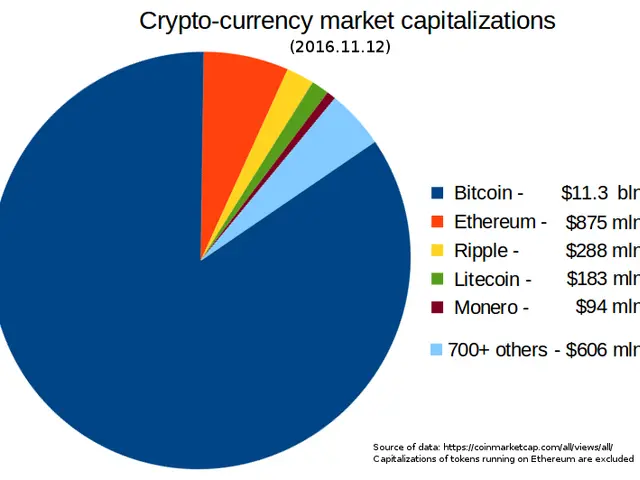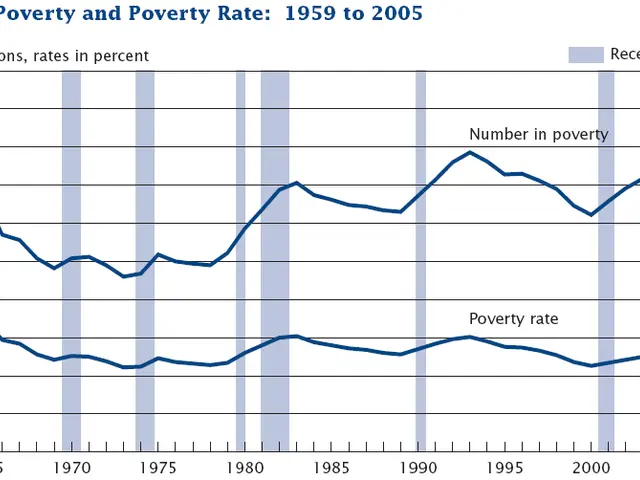U.S. Automakers receive easing of certain tariffs under Trump's recent executive orders.
Rewritten Article:
Hey there! Check out these recent developments in the renewable energy sector, not all of them being direct AP reports, but still packed with crucial updates:
1. Clash at the Permitting DeskThe Trump administration expedited energy project approvals, slashing federal environmental reviews from lengthy years down to 28 days for impact statements and 14 days for assessments. However, this rush excluded solar and wind projects and favored fossil fuels, geothermal, hydropower, and mining. The surge in the US's renewable energy source, solar, makes this approach controversial because it could hinder the growth of clean energy in favor of traditional ones [1].
2. Solar Power: The New King by 2025Reports predict solar energy will dominate U.S. renewable growth due to dropping costs and its scalability. Wind and hydroelectric energy will also see significant expansion. However, challenges such as geopolitical issues and permitting obstacles still persist for solar energy. The AP recently showcased the momentum of solar energy, despite these persistent hurdles [1].
3. Global Renewable Pledges
- Gulf Cooperation Council (GCC): Bahrain is aiming for 5% renewable electricity by 2025. On the other hand, Kuwait sets its sights on 15% by 2030. These ambitions represent a trend of new investments in renewable energy across the region [3].
- Smart Grid Blossom: Distributed solar and storage systems are driving the global smart energy markets. Innovative AI-driven grids are streamlining the integration of renewable energy [4].
4. Balancing Act between Policy and TechnologyWhile the push for faster permitting has bipartisan support, the AP pointed out concerns that the current U.S. reforms will prioritize fossil fuel projects over wind and solar, potentially delaying climate goals [1]. It's interesting to note that solar adoption continues to rise, surging due to market demands [1][2].
- In the main section of the class discussion on renewable energy, the strong emphasis was placed on the feasibility of solar energy becoming the king by 2025, given the dropping costs and scalability, despite ongoing challenges such as geopolitical issues and permitting obstacles.
- The transportation and automotive industry may see a shift with solar power's growing dominance in the renewable energy sector, a fact press releases and industry finance reports have been highlighting recently.
- Notably, in the global industry landscape, theCLASS renewable energy pledges have been quite pressuring, with GCC countries aiming for increased renewable electricity, such as Bahrain targeting 5% by 2025 and Kuwait aiming for 15% by 2030.
- As the section on policy implications reveals, there is a fine balance to maintain between faster permitting and ensuring renewable energy projects are not overshadowed by traditional fossil fuel projects, a concern that has been raised by both parties in the press.

